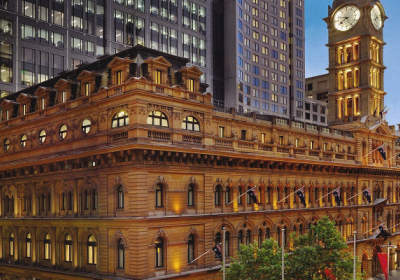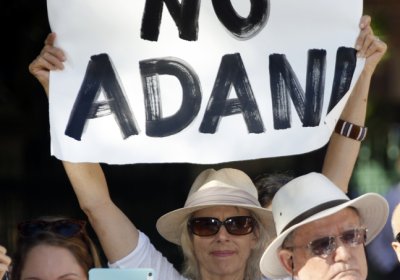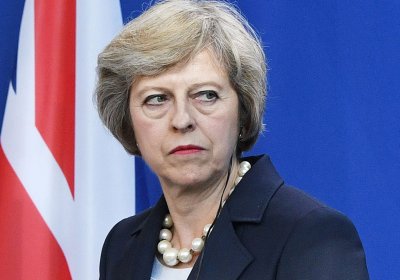The proposed sale by Australia Post of Sydney's historic GPO building to private business is "scandalous" and puts the complex at risk of neglect, according to the head of the National Trust NSW (NTNSW).
Architect and NTNSW branch president Clive Lucas, who specialises in restoring historic buildings, said the GPO was one of, if not the most, important colonial post offices in the country.











